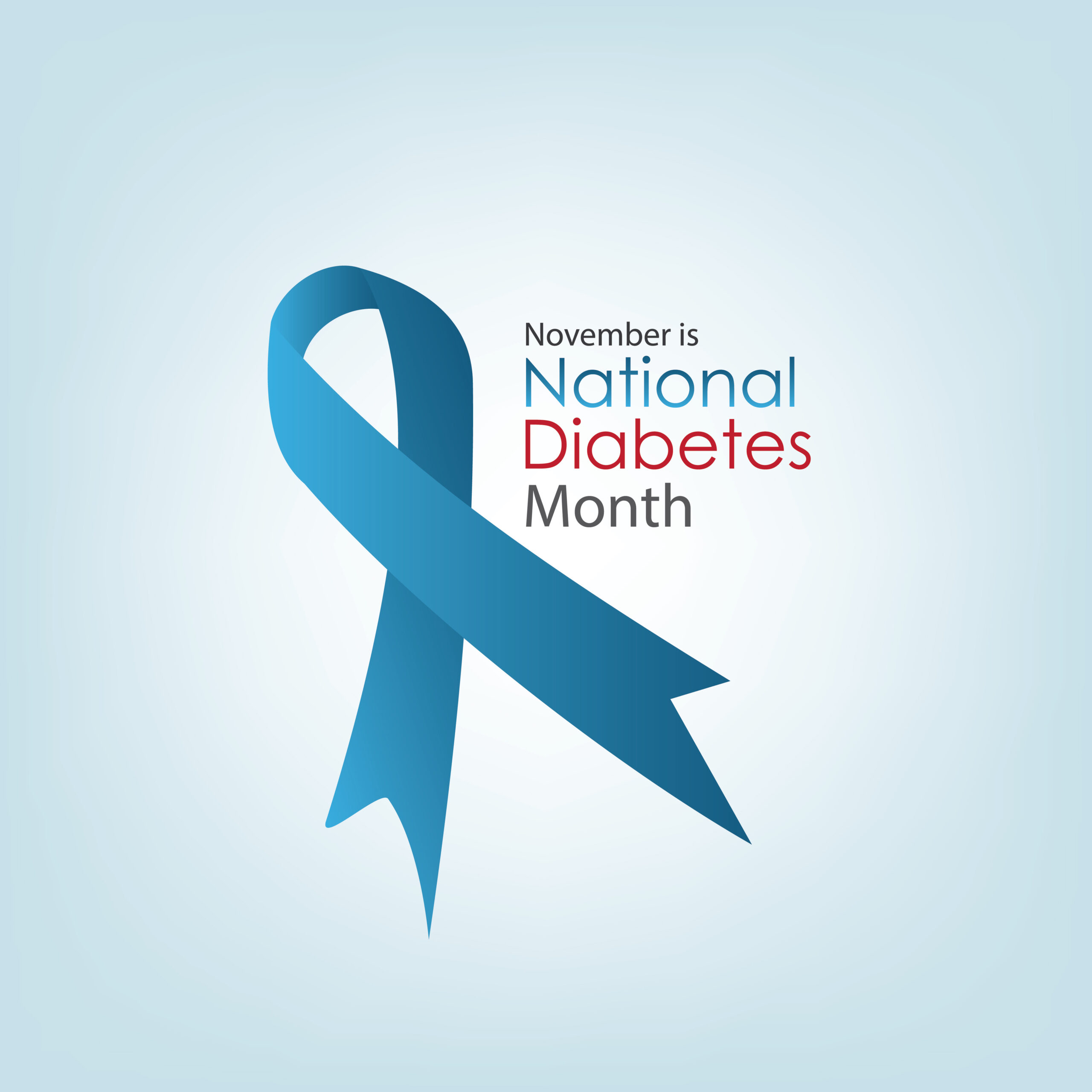
Who can benefit from cultural competency training in healthcare? No matter the title, these categories of service-oriented individuals can develop the confidence and compassion essential to providing excellent care to LGBTQ+, Sexual Gender Minority (SGM) and a broad range of diverse patient populations.
Aspiring Clinicians Before a healthcare hero earns the proper licensure, he or she can develop awareness that can translate to a more-solid knowledge base. Introducing cultural competency early in one’s career can help better prepare the student for clinical experiences. He or she can feel confidently prepared when approaching their first patient, and a high performing resident, practicum student, or intern will reflect positively on his or her training institution.
Practicing Employees Perhaps a physician has not received formal diversity and inclusion training in the past, or he or she has not engaged in continuing education units (CEU) nor continuing medical education (CME) on this topic for several years. As times change, professionals grow and adapt to effectively address patients’ needs. A practicing clinician may already have a foundation of cultural competency, but more training is likely needed to successfully transform knowledge into practice.
Administration Often, administrative leadership will oversee important decision-making and policy updates on behalf of the organization. Executives may mandate certain CEU, CME, and other learning opportunities for their teams, and diversity is a topic in which the C-Suite should also be wellversed. Not only does this help them learn about the underrepresented patient populations they serve, but it also helps them empathize with diverse teammates and colleagues.
Support Staff From transporters to front desk staff, any support-providing professional in a healthcare setting can impact the level of care given to patients. Education is key; providing learning opportunities and best practices for customer service can positively impact patients’ clinical experience from the moment they walk through your doors.
Just as diverse as your client base, there exists an array of healthcare personnel with various backgrounds that can advance cultural humility through proper coaching. Regardless of the specialty within healthcare, all professionals can become more culturally competent to favorably impact overall patient wellness.



